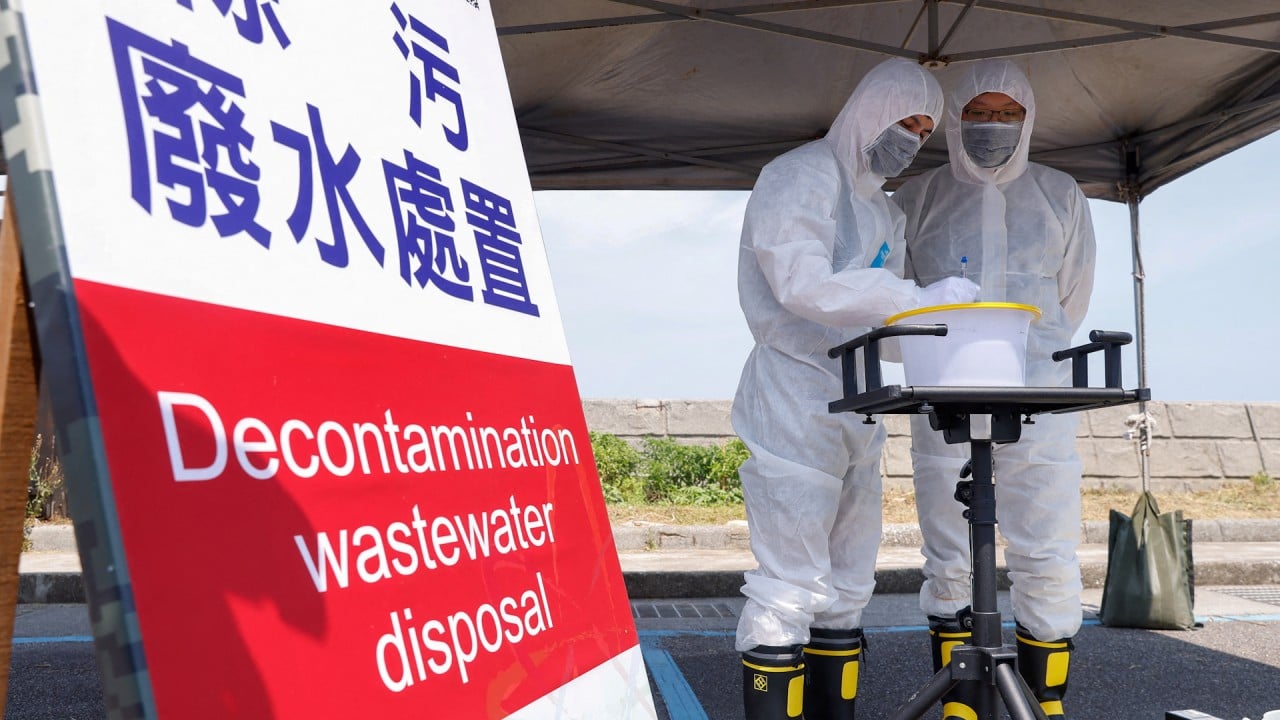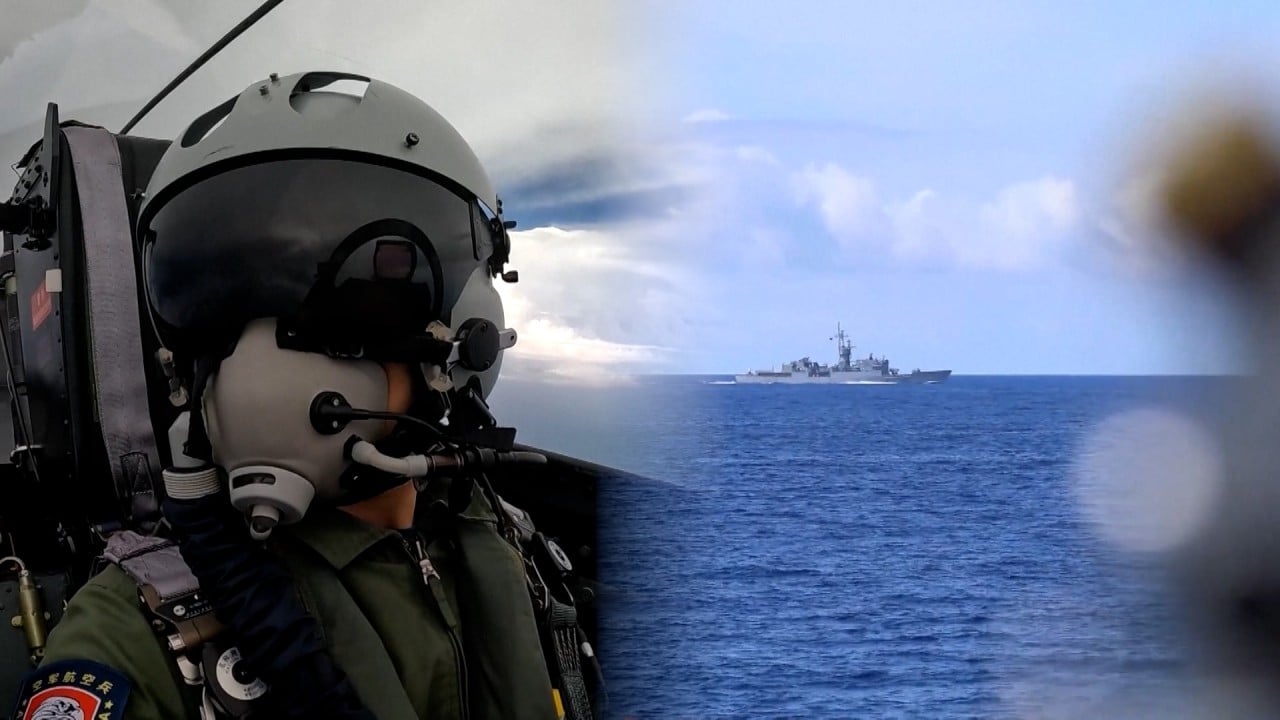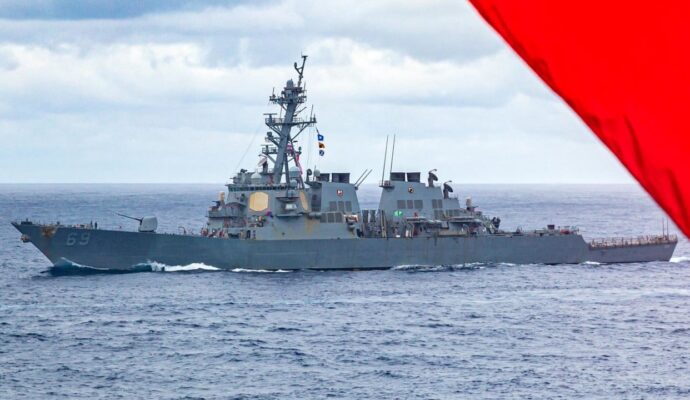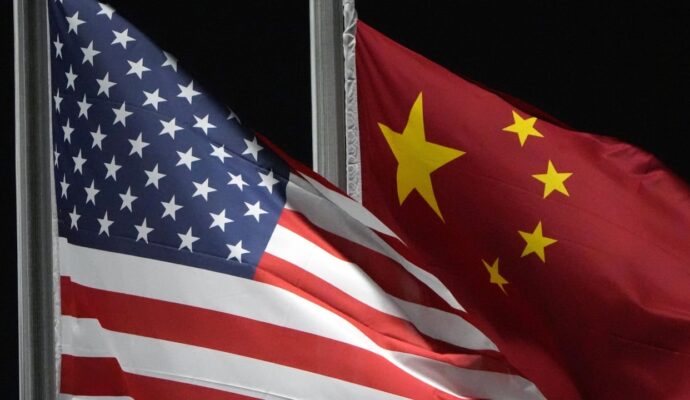Ministry spokeswoman Mao Ning said the St Louis, Missouri, branch of Lockheed Martin was the main contractor in a US arms sale to Taipei on August 24 while Northrop Grumman, based in Falls Church, Virginia, had been involved in supplying weapons to Taiwan “multiple times”.
Mao said Washington was “going further down the wrong and dangerous path of arming Taiwan” despite Beijing’s “firm opposition”.
“We urge the US side … to stop selling weapons to Taiwan, to stop the US-Taiwan military collusion and to stop arming Taiwan, otherwise it will be met with resolute and forceful countermeasures of China,” she said.
The State Department announced three weeks ago that the US had approved a half-billion-dollar sale of advanced sensor systems built by Lockheed Martin for F-16 fighter jets to Taipei.
Advertisement
Lockheed Martin – along with Raytheon Missiles and Defence – was already on a Chinese Commerce Ministry blacklist over Taiwan arms sales.
Beijing later said Chinese companies were banned from doing business with the American firms and senior executives of Lockheed or RMD were not allowed to travel to or work in China.
The self-governed island has become one of the greatest sources of tension between the two powers in recent years.
Beijing regards Taiwan as a breakaway province to be brought under mainland control by force if necessary and opposes any official interactions between countries it has established diplomatic relations with and the island.
Advertisement
Most countries, including the US, do not recognise the island as an independent state, although Washington is opposed to any attempt to take it forcibly.
Advertisement
The US government is also reportedly planning to redirect millions of dollars of military financing for Egypt to Taiwan.
On Friday, Mao said US arms sales to Taiwan “seriously violate the one-China principle” and “severely harm China’s sovereignty and security interests”.
Advertisement
“The Chinese government’s determination to defend its national sovereignty and territorial integrity is unwavering,” she said.
But last weekend US President Joe Biden said the economic slowdown in mainland China could make it less likely to consider an invasion of Taiwan.
“I don’t think it’s going to cause China to invade Taiwan. And matter of fact, the opposite – it probably doesn’t have the – the same capacity that it had before,” he said on Sunday during a visit to Vietnam.
Advertisement
Beijing responded saying that “resolving the Taiwan question is a matter for the Chinese ourselves”.
Advertisement



